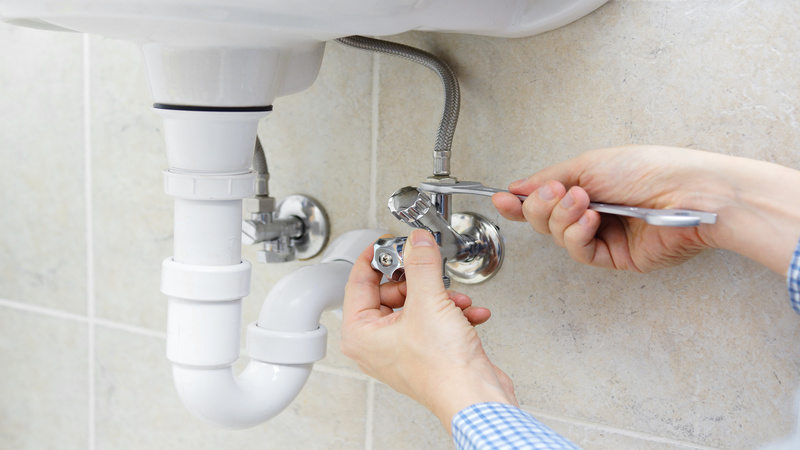Furnishing and cleaning the home may be top priorities, but ensuring that the home doesn’t have a gas leak is crucial to the family’s health and safety. In the last few years, thousands of injuries and several deaths have occurred due to problems in natural gas pipelines. Because gas is invisible, many don’t give it a second thought; which can be very dangerous. Below are a few signs of a gas leak in the home.
A Foul Odor
An occasional bad odor in the home is normal. However, if the homeowner notices an odor that smells like rotten eggs, it may indicate a gas leak. Utilities add sulfur to gas for a good reason; if there’s a leak, sulfur creates an odor to alert the occupant to the need for repair on a Natural Gas Pipeline in Martinsburg WV. Quick repairs are critical because sulfur and gas could combine with a power source, creating a severe risk of explosion or fire.
Health Issues
Slow leaks can affect the family’s health, and many do not realize that these problems are related to gas exposure. Below are a few health issues that may be related to a gas leak.
- Headache
- Nausea
- Depression
- Fatigue
- Chest pain
- Trouble breathing
- Dizziness
- Watery, itchy eyes
- Skin irritation
- Nose bleeds
- Tinnitus
If a family member suffers from any of the above problems, consult a doctor and call Winchester Plumbing & Gas Services Inc. to test the home for a gas leak.
Dead/Dying Landscaping
If there’s a gas leak around the home, it can affect shrubs, flowers, trees and grass. Gas can block plants’ absorption of oxygen, causing it to discolor and die. If dead vegetation is surrounded by healthy plants, a gas leak may be to blame.
Hissing Sounds
A hissing noise coming from a gas appliance or near a natural gas pipeline in Martinsburg WV is a sign of a slow leak. The sound is that of the gas slowly coming out, which can have detrimental effects on the home and the family’s health. Address these issues immediately by calling a local plumber for gas leak repair.








